BNEWSID – The Indonesian Ministry of Tourism has emphasized that the drafting of the Third Amendment to Law No. 10 of 2009 on Tourism was conducted transparently and involved a wide range of stakeholders, including representatives of the tourism industry. The clarification came in response to concerns raised by the Indonesian Tourism Industry Association (GIPI) on October 12, 2025.
In its official statement, the Ministry explained that the initiative to amend the law originated from the House of Representatives (DPR RI) and has been discussed collaboratively with the government and tourism industry through a series of public consultations. “The involvement of tourism associations is stipulated in Chapter IV, Article 8 (2) point j and Chapter VII, Article 22,” the Ministry stated.
Furthermore, Article 22 of Chapter VII guarantees the right of every tourism business operator to establish or become a member of a tourism association. Based on this provision, associations are recognized as vital partners in building and developing Indonesia’s tourism sector in a sustainable manner.
The Ministry also underscored that coordination and partnerships between the government and tourism industry players will continue through more flexible mechanisms — including implementing regulations and strategic collaborations tailored to sectoral needs.
Regarding GIPI’s proposal to establish a Tourism Board, the government stated that such an entity does not need to be regulated under the revised law, as the Indonesian Tourism Promotion Board already exists under Law No. 10 of 2009.
On the issue of creating a Public Service Agency (BLU) for tourism and imposing levies on foreign tourists, the Ministry clarified that these mechanisms are already governed under Government Regulation No. 23 of 2005 and Minister of Finance Regulation No. 129/PMK.05/2020 concerning BLU management. The Ministry also noted that the idea of a foreign tourist levy originated from the DPR RI, not from the Ministry of Tourism.
Responding to GIPI’s criticism of the government’s support for the tourism industry, the Ministry outlined several facilitation and stimulus measures that have been implemented. These include income tax (PPh 21) incentives for workers earning below Rp10 million, six-month internship programs for university graduates, certification and training support for tourism workers, and promotional assistance for tourism destinations.
In addition, the Ministry has issued Circular Letter No. SE/4/HK.01.03/MP/2025, urging accommodation business operators to complete business licensing registration to promote a fair and balanced business environment.
“Through this clarification, we hope the media and the public can understand the government’s comprehensive stance in advancing Indonesia’s national tourism development,” the Ministry concluded in its statement. (*)

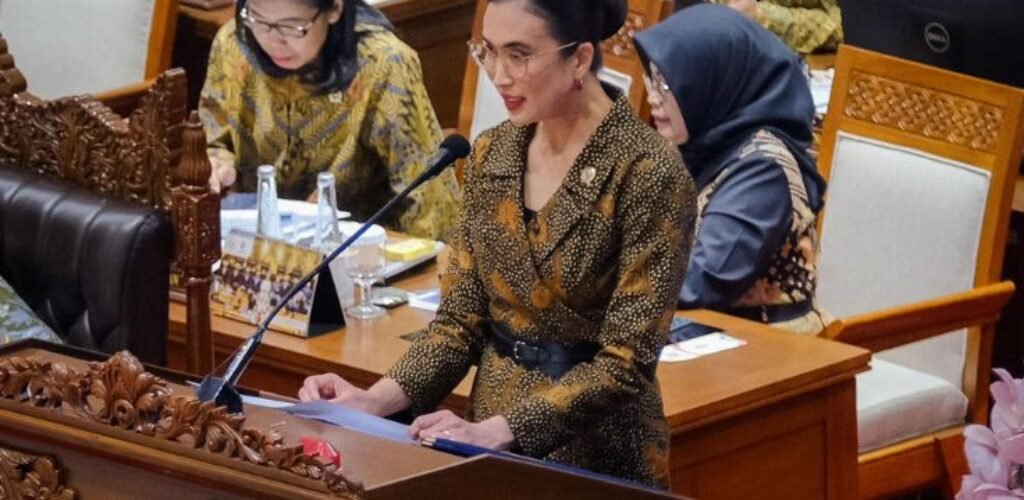




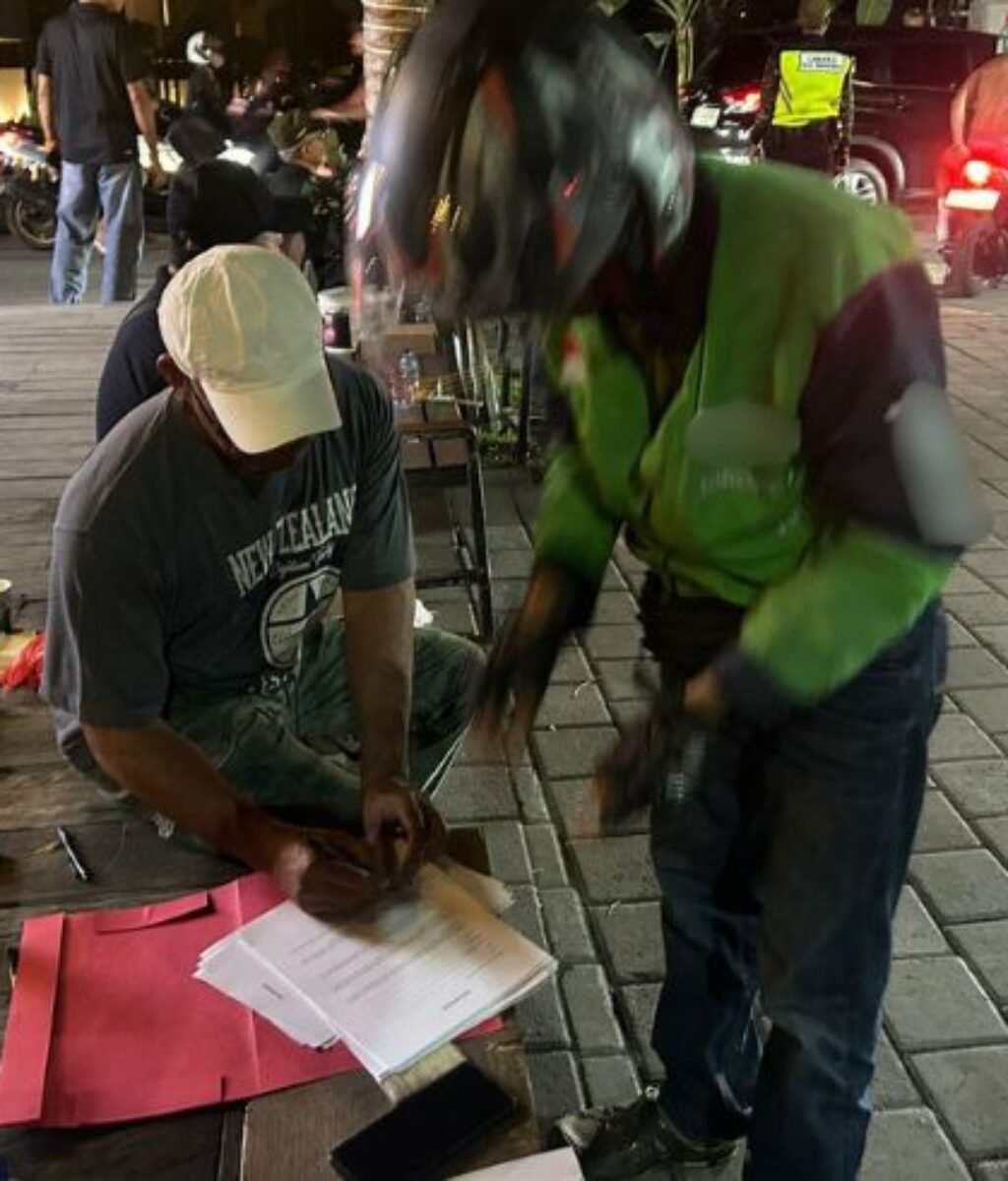
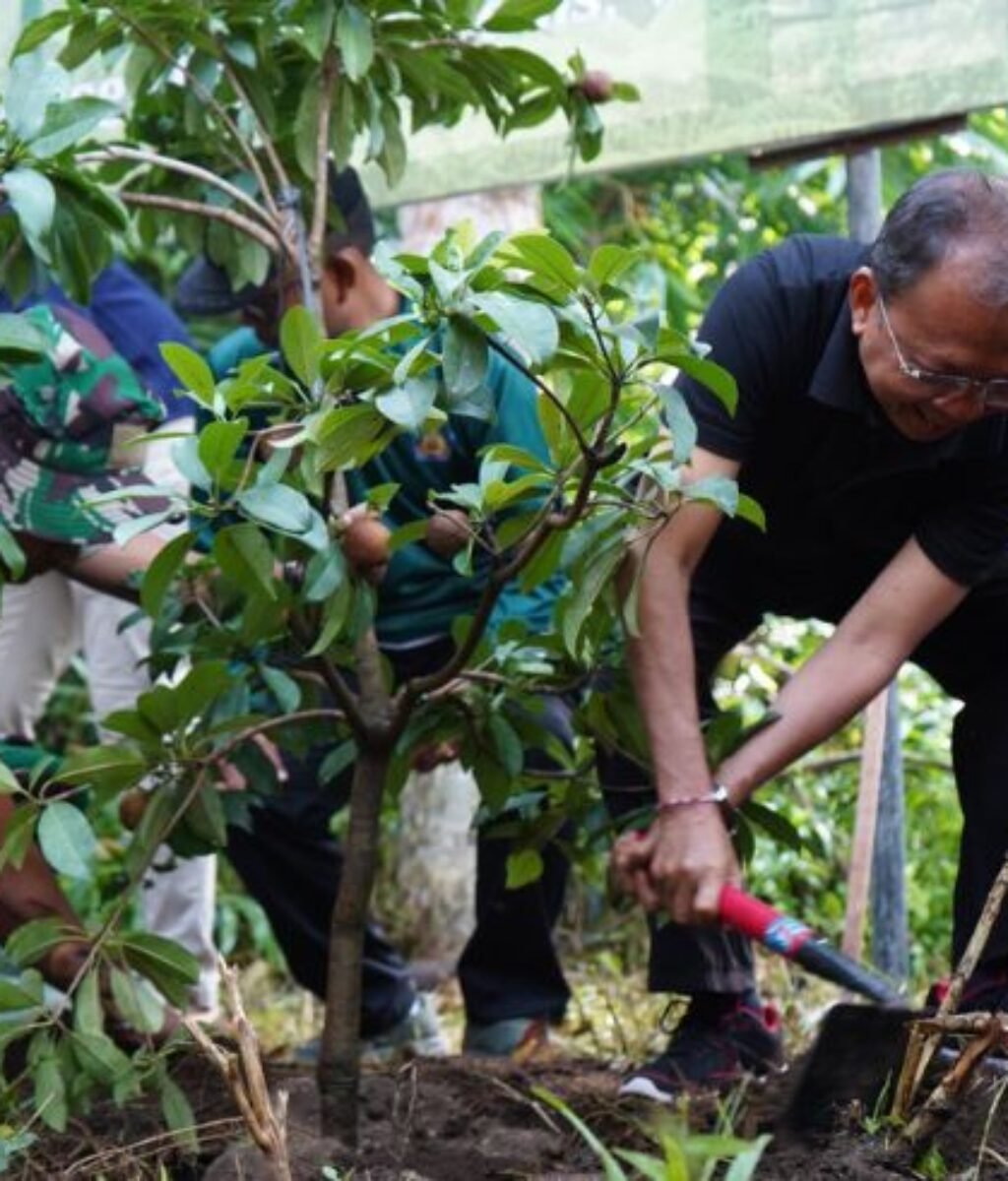
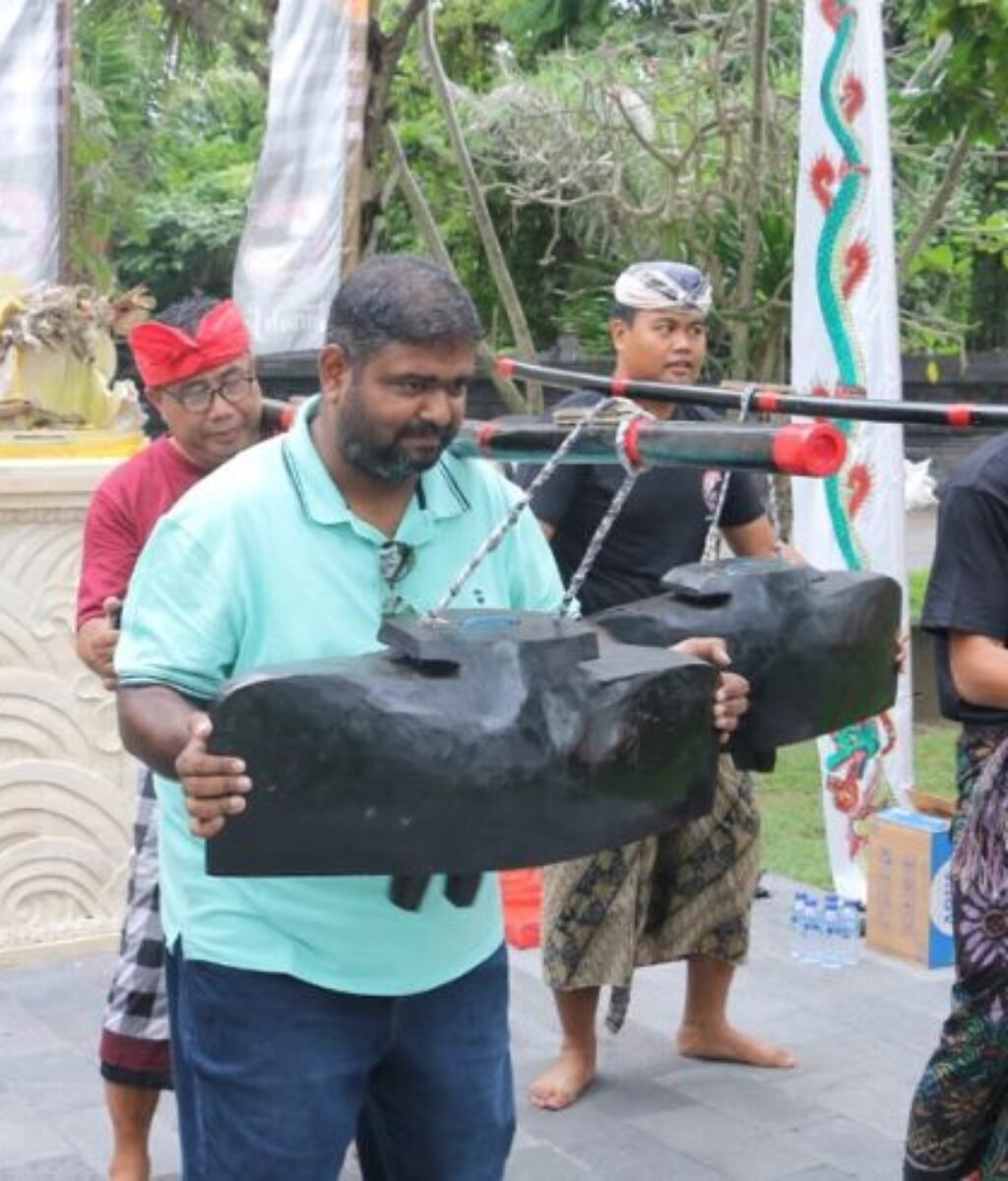
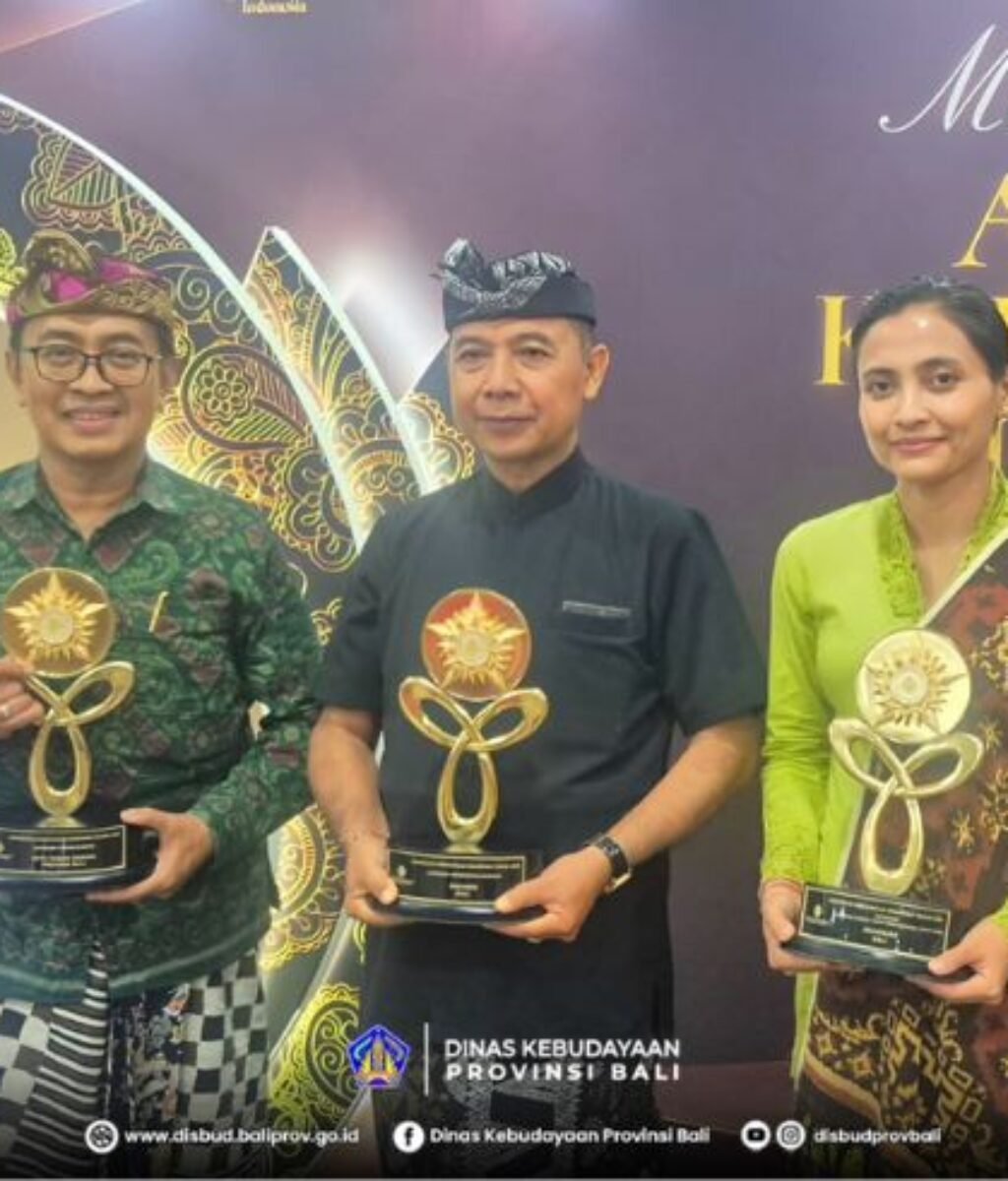
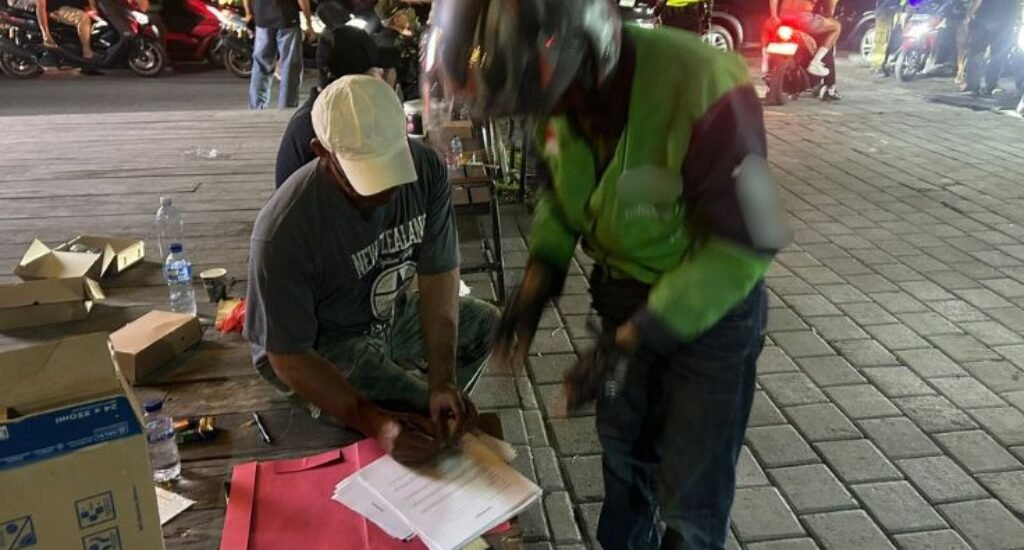
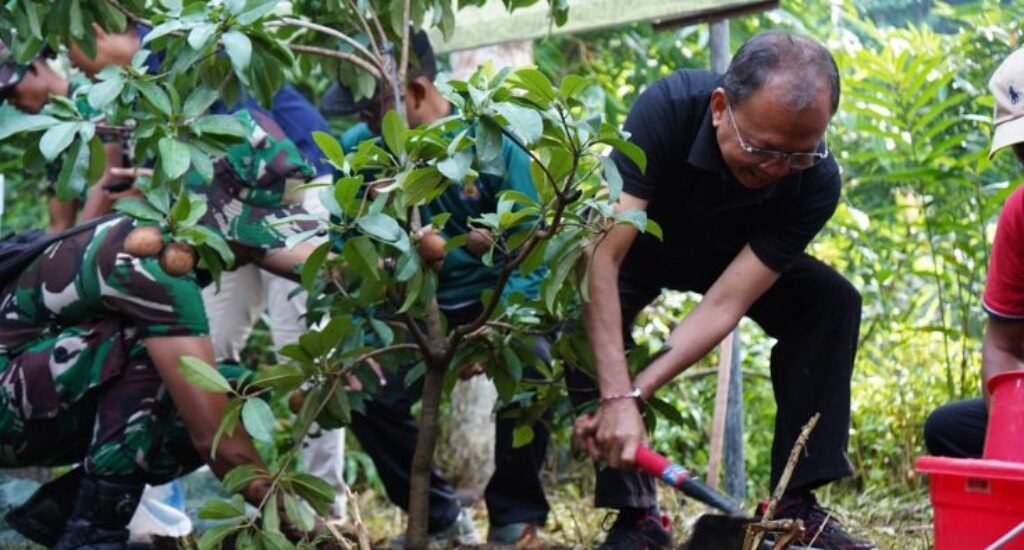
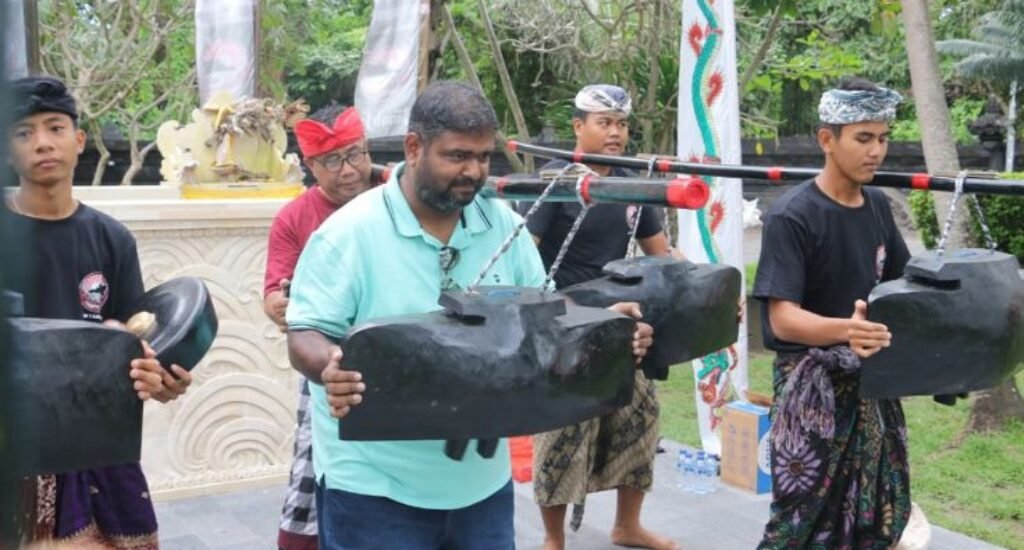
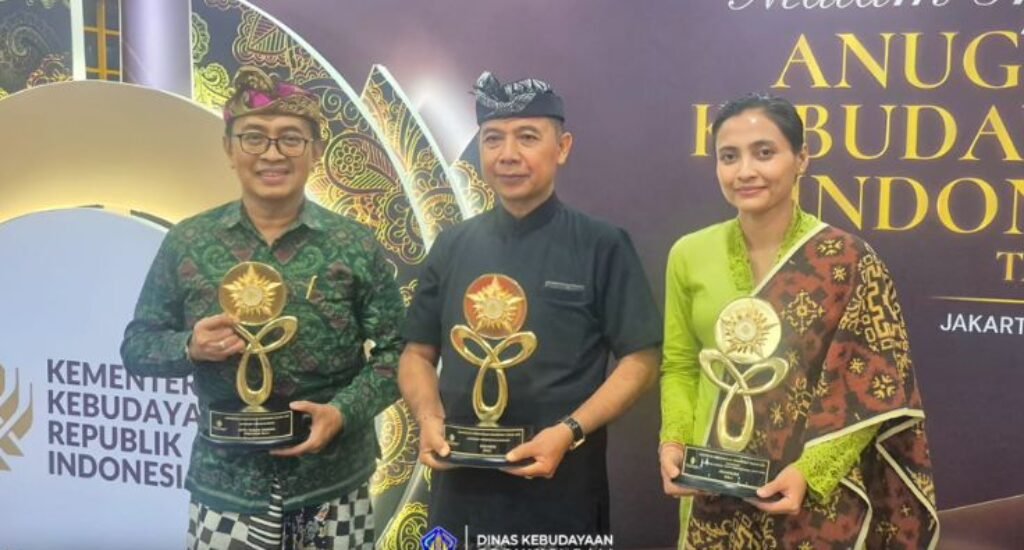
Discussion (0)
No comments yet.